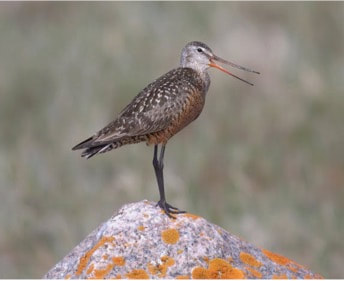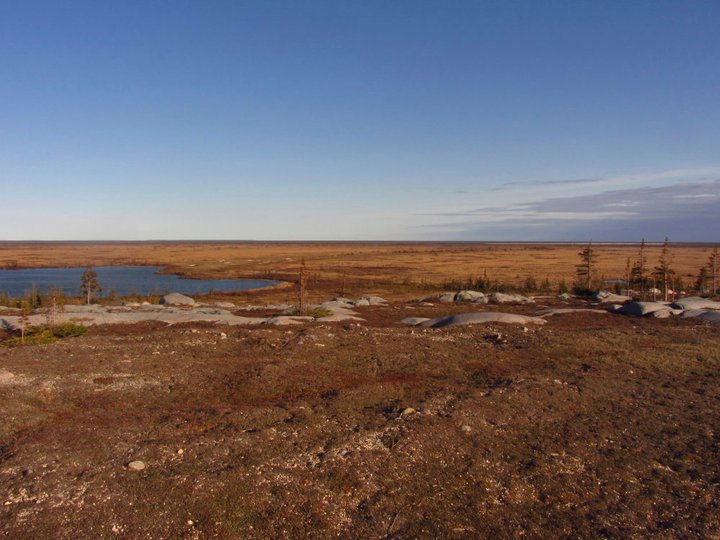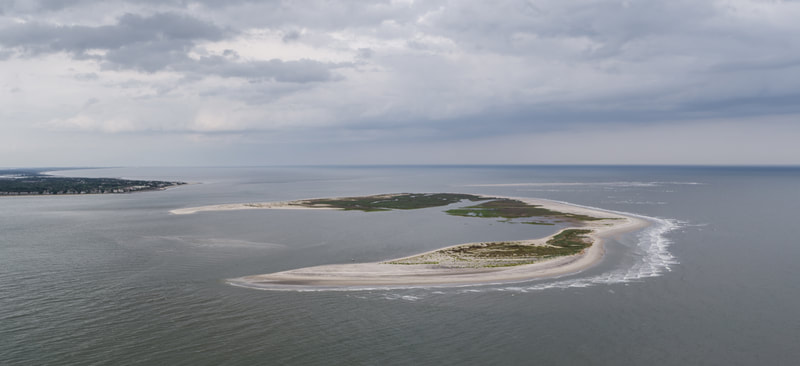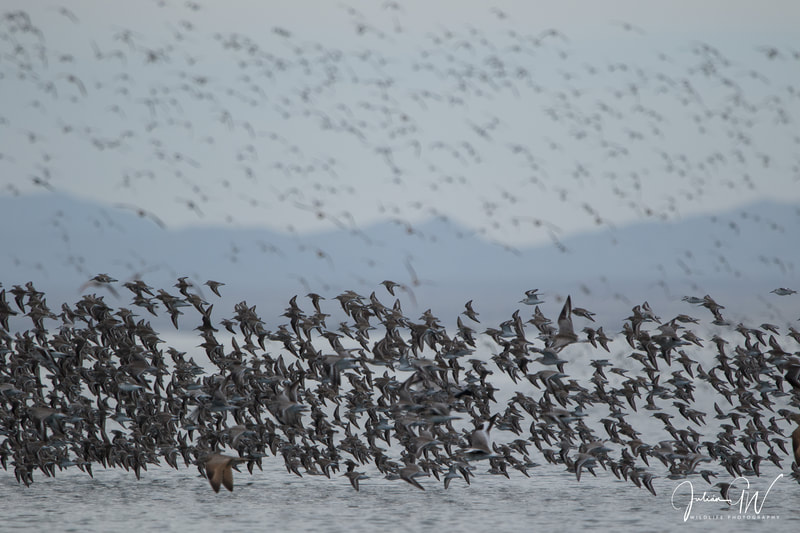Our research uses movement ecology as a framework to understand how individuals and populations respond to changes in their environment in order to project how future change may alter a population’s dynamics and evolutionary trajectory.
Our Philosophy
The natural world knows no political boundaries. That means that we are all stakeholders in the conservation of our biodiversity and our lab welcomes the involvement of anyone and everyone, no matter where they come from or how they identify themselves. We are also working to overcome our own biases, as well as those that have long prevailed in the scientific and conservation communities, by learning from and engaging with the communities whose lives intersect with the species we study.
The natural world knows no political boundaries. That means that we are all stakeholders in the conservation of our biodiversity and our lab welcomes the involvement of anyone and everyone, no matter where they come from or how they identify themselves. We are also working to overcome our own biases, as well as those that have long prevailed in the scientific and conservation communities, by learning from and engaging with the communities whose lives intersect with the species we study.
Breaking News
|
nsenner at umass.edu
Department of Environmental Conservation
University of Massachusetts Amherst
Holdsworth Hall 219
Amherst, Massachusetts, U.S.A.
Department of Environmental Conservation
University of Massachusetts Amherst
Holdsworth Hall 219
Amherst, Massachusetts, U.S.A.





